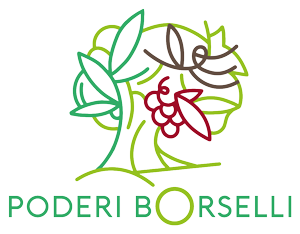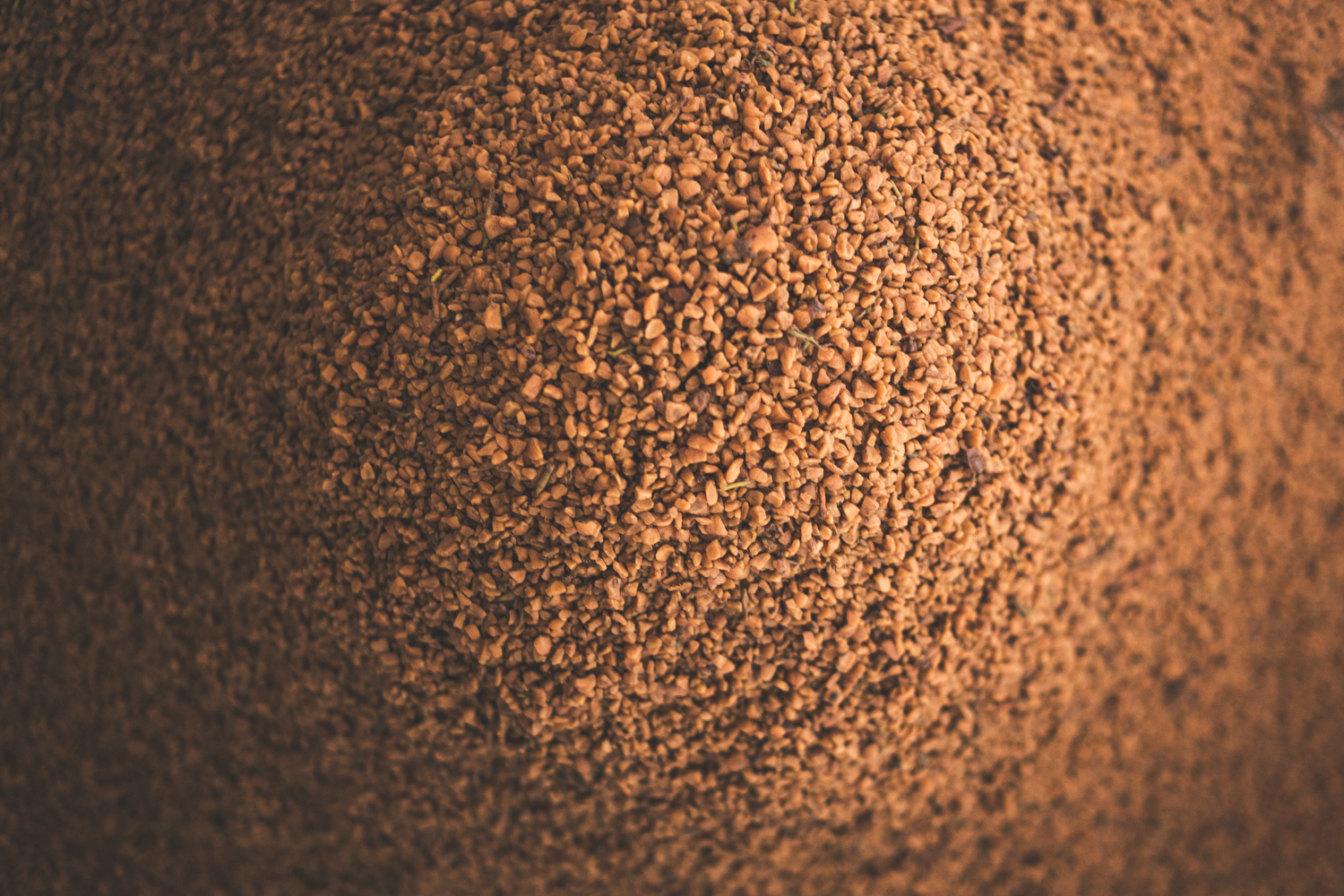The company’s philosophy is totally aimed at organic, respect for nature and the least possible environmental impact.
As far as the energy consumption of the company is concerned, we have tried to implement by-product recovery methods and photovoltaic energy production to make our environmental impact almost zero. This also entails a saving of about 150 quintals per year of Co2, with the biomass boiler being fed with peanuts from the pomace of the olive mill. They are burned all year round to heat the structure during the whole winter, and for hot water. The vegetation waters are used with a fertigation system, while the waste pulp is a natural fertilizer. The spring pruning for the chimneys of the farm.

